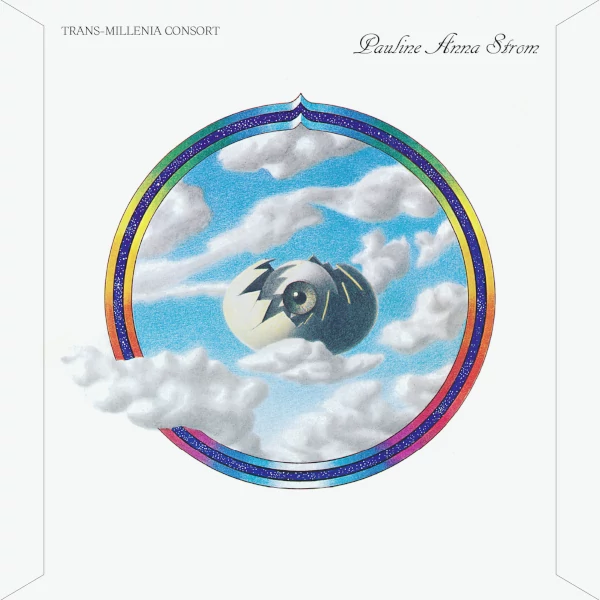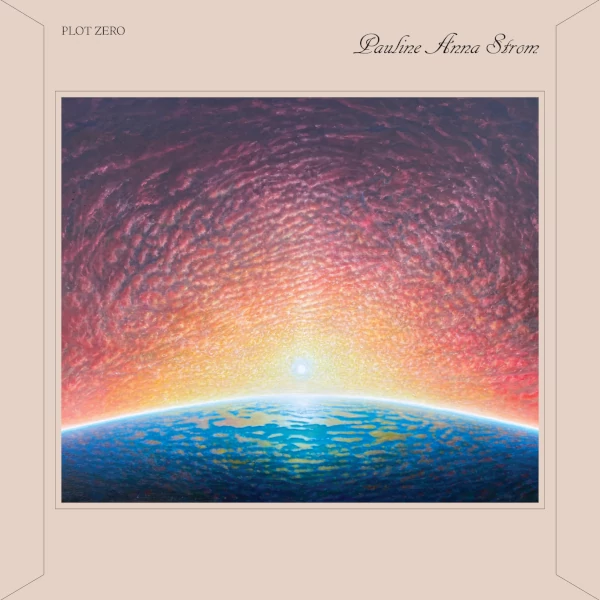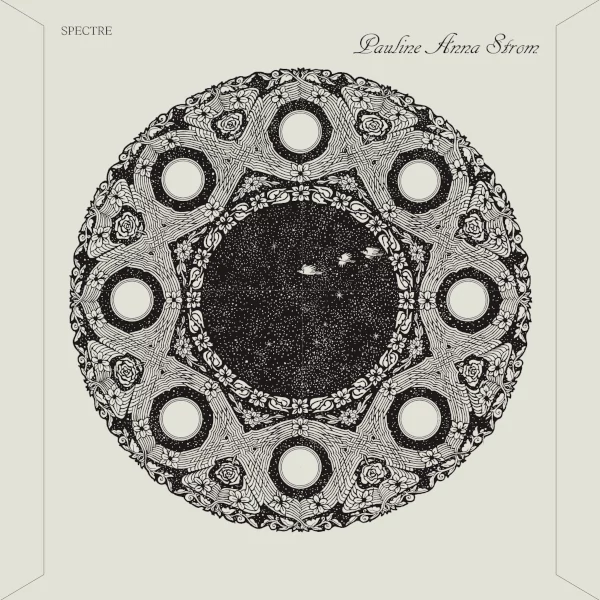
Exposé Online
What's old
Exposé print issues (1993-2011)
- 1 (October 1993)
- 2 (February 1994)
- 3 (May 1994)
- 4 (August 1994)
- 5 (October 1994)
- 6 (March 1995)
- 7 (July 1995)
- 8 (November 1995)
- 9 (March 1996)
- 10 (August 1996)
- 11 (February 1997)
- 12 (May 1997)
- 13 (October 1997)
- 14 (February 1998)
- 15 (July 1998)
- 16 (January 1999)
- 17 (April 1999)
- 18 (November 1999)
- 19 (May 2000)
- 20 (October 2000)
- 21 (March 2001)
- 22 (July 2001)
- 23 (December 2001)
- 24 (April 2002)
- 25 (September 2002)
- 26 (February 2003)
- 27 (August 2003)
- 28 (December 2003)
- 29 (April 2004)
- 30 (September 2004)
- 31 (March 2005)
- 32 (September 2005)
- 33 (May 2006)
- 34 (March 2007)
- 35 (January 2008)
- 36 (October 2008)
- 37 (July 2009)
- 38 (July 2010)
- 39 (Summer 2011)
Reviews
Pauline Anna Strom — Trans-Millenia Consort
(RVNG Intl. RERVNG17, 1982/2023, CD / DL)
Pauline Anna Strom — Plot Zero
(RVNG Intl. RERVNG18, 1983/2023, CD / DL)
Pauline Anna Strom — Spectre
(RVNG Intl. RERVNG19, 1984/2023, CD / DL)
by Jon Davis, Published 2023-12-18



I had not heard of Pauline Anna Strom before these three reissues landed in my inbox. She was born in Louisiana, raised in Kentucky, and ended up in San Francisco in the early 70s, where she started tinkering with synthesizers. As she was blind from birth, the manuals (such as they were) were inaccessible to her, so she experimented without boundaries. Her first recording was released in 1982 as Trans-Millenia Consort, a name she intended to use as an artist. Over the course of the 80s, she released six more albums before financial issues forced her to change careers and sell her equipment. Over the years since their release, her 80s albums gained recognition, culminating in the 2017 reissue of a collection. She recorded one album of new material shortly before her death in 2020, and it’s only now that the first three albums are being made widely available in their entirety.
On Trans-Millenia Consort, it’s apparent that Tangerine Dream was one of Strom’s biggest influences. The music takes off from the style of Phaedra, Rubycon, and Ricochet with light sequencing, long notes phasing in and out, and swooping echoes. In some ways, Strom’s sound is a bit more organic, favoring tones that resemble organs more than the percussive synthesizers that Tangerine Dream used. She exercises restraint in her layering of parts, never overdoing it, leaving many of the tracks refreshingly sparse. I believe she only had a four-track recorder available, so she did an admirable job of turning a limitation into a virtue. There are also sections which are not programmed, with very natural human playing, as well as some environmental sounds like water. Electronic percussion is used sparingly. Plot Zero is generally more minimal in the arrangements, with fewer layered parts and no electronic drums, and is maybe even more enjoyable. A couple of the tracks, like “Organized Confusion,” can even be pictured as backing tracks for something by Ozric Tentacles if you added a rhythm section and guitar solos. In hindsight, it seems that Strom’s music, in the context of its time, didn’t fit in with the emerging ambient genre, but also wasn’t like other electronic music, so it’s easy to see why it didn’t get much attention. Spectre mostly continues the trend towards minimalism, with more attention paid to the resonance and overtones of only one or two parts at a time. The track “Virgin Ice” is an outlier, with percussion and a catchy chord progression. These three albums are available individually as well as part of a four-disc (or four LP) set called Echoes, Spaces, Lines along with Oceans of Tears, which Strom recorded shortly before her death. Although the collection is only now available, it was in the works with her blessing and participation at the time of her passing. Given that her work dates from the 80s, it’s probably not accurate to say that Pauline Anna Strom was an electronic pioneer, but she is an artist whose work is worthy of consideration and still holds up today.
Filed under: Reissues, 2023 releases, 1982 recordings, 1983 recordings, 1984 recordings
Related artist(s): Pauline Anna Strom
More info
http://paulineannastrom.bandcamp.com
What's new
These are the most recent changes made to artists, releases, and articles.
- Release: Thierry Zaboitzeff - Artefacts
Updated 2026-02-27 00:16:46 - Review: Kevin Kastning - Codex I & Codex II
Published 2026-02-27 - Release: Zan Zone - The Rock Is Still Rollin'
Updated 2026-02-26 23:26:09 - Release: The Leemoo Gang - A Family Business
Updated 2026-02-26 23:07:29 - Release: Ciolkowska - Bomba Nastoyashchego
Updated 2026-02-26 13:08:55 - Review: Immensity Crumb - Chamber Music for Sleeping Giants
Published 2026-02-26 - Release: The Gatekeepers - Diary of a Teenage Prophet
Updated 2026-02-25 15:55:58 - Review: Mars Lasar - Grand Canyon
Published 2026-02-25 - Listen and discover: Mordecai Smyth will not break your back
Published 2026-02-25 - Release: Tashi Wada - What Is Not Strange?
Updated 2026-02-24 14:56:16 - Artist: Tashi Wada
Updated 2026-02-24 14:54:34 - Release: Greg Segal - Maintain!
Updated 2026-02-24 00:38:03 - Review: Il Segno del Comando - Sublimazione - Live
Published 2026-02-24 - Review: Nektar - Mission to Mars & Fortyfied
Published 2026-02-23 - Review: Jaime Rosas - Tres Piezas de Rock Progresivo
Published 2026-02-22 - Release: Kevin Kastning & Bruno Råberg - Across Tall Rain
Updated 2026-02-21 00:42:08 - Review: Gary Husband - Postcards from the Past
Published 2026-02-21 - Release: Daniel Crommie - Februa
Updated 2026-02-20 14:23:17
